Cloudy pool water is usually caused by dead algae or mists of particles suspended in your pool water. The job of a coagulant agent, like clarifier or flocculant, is to clump these tiny particles into larger clumps so that they can be collected by your filter or flushed to waste.
Now, clarifier and flocculant (floc and vac) are two sides of the same coin. Both are types of coagulant agents that accomplish the same task using different routes. The key differences are the time it takes for the reaction to take place and the extra elbow grease needed from you to finish the job. We will discuss the pros and cons and the best times to apply which chemical.
Clarifier

Pros:
- Least amount of work for the user
- Great for light cloudiness and superfine silt
Cons:
- Takes several days to get the desired result
Pool clarifier is a mild coagulating agent that boosts your filter’s cleaning capabilities by clumping small dirt particles into larger particles your filter media can trap. Safe to use with sand, DE and cartridge filter systems, clarifier requires that your pump and filter are run continuously for at least the first 24 hours for optimal results.
Clarifier is a milder chemical than flocculant making for a slower work rate. Your pool’s reaction to the clarifier may take a couple of days before you see the results. So, if you are needing a quick fix for a pool party only hours away, clarifier will not be the choice for you.
Clarifier is the ideal choice for mild cloudiness or a regular part of a cleaning regimen to give your water that extra sparkle.
Flocculant
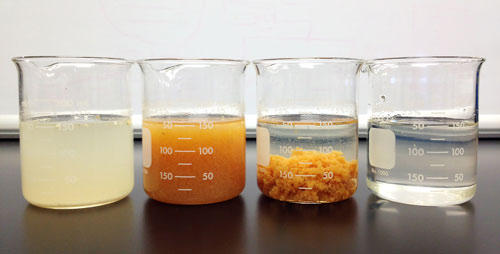
Pros:
- Shows results within a few hours
- Super effective
Cons:
- Requires vacuuming
- Water waste
- Can’t be used on systems with cartridge filters (unless there is a bypass)
Flocculant’s coagulation process is basically a supercharged version of a clarifier. But instead of relying on a pool filter to do the cleaning, it requires vacuuming. Floc clumps the dirt into large clots, so large that they no longer float, dropping all the dirt to the pool floor where you can then vacuum to waste. Your pool should show marked improvement within a few hours of its application, making it ideal for procrastinators (like me) cleaning just before a pool party.
Floc can be used for mild cases of cloudiness all the way up to murky. However, I usually suggest it as a last resort, because you must vacuum it to waste. You can lose a good bit of water while cleaning the pool.
Floc should never come in contact with your filter media as the clumping agent can cause havoc. Floc is only suggested for use with filters with bypass options, i.e. sand and DE filters with multiport or slide valves. It is not suggested to use floc with a cartridge system, unless you have plumbed a bypass for the filter.
So which is best for you?
Clarifier is best suited for basic maintenance, and picking up straggling silt your filter just can’t seem to catch. Flocculant is best for more severe cases, like part and spring cleanup. Flocculant shows results within a few hours, making it great for cleaning in crunch time.

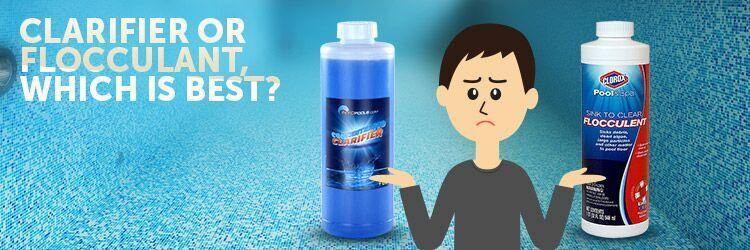



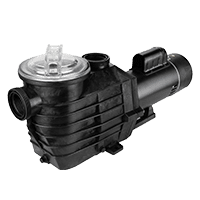
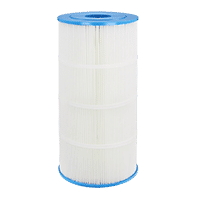
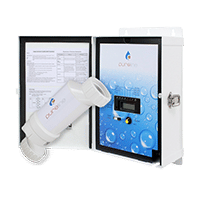
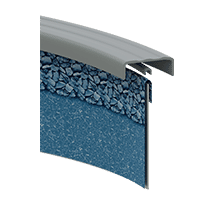




Leave a Reply